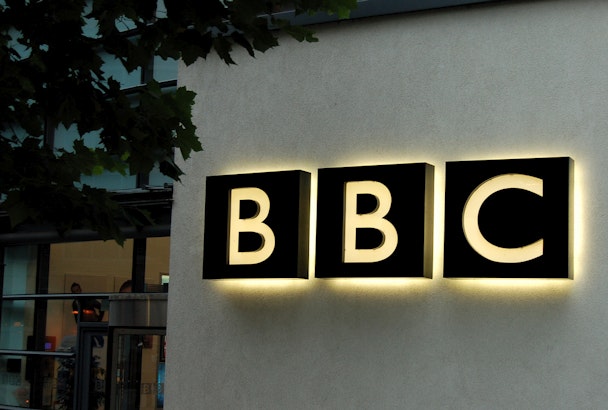Why the commercial sector needs a strong BBC
With Apple having recently unveiled its vision for the future of TV, it’s become clear that the debate over the future of the BBC is as vital for advertisers and the commercial media sector as for the corporation itself.

The BBC has issued its response to the government’s consultation on its Royal Charter, a review that is likely to result in significant cuts and a possible change to the licence fee model.
Yet the very fact that the cost of the licence fee is ‘shared’ amongst the nation means it’s one of our few collective experiences. This has enabled the BBC to set the bar for quality broadcasting for more than half a century, and the UK and its people have benefited greatly: culturally and commercially. Whilst the UK may not be a world leader in technology, in terms of creativity and content creation, we are second to none.
When Auntie Beeb announced its plans for BBC3, the most vocal reactions were that it was being killed or at least relegated to a digital backwater. While this argument no doubt suited some of the BBC’s commercial rivals, the debate over BBC3’s future seemed to boil down to an increasingly arcane argument over the means of delivery.
Why the obsession around broadcast technology over digital? Why wouldn’t we want at least some aspects the BBC to be more like Netflix? Or better yet, Apple TV, with its vision of a future rooted as much in apps as content. Most especially where the target audience is young, and already deeply polygamous and fluid in its media consumption, and with different expectations to match.
Viewed in this context, broadcast technology feels increasingly like a straitjacket, and the decision to render BBC3 a purely 'digital' entity like exactly the right one. As a blessing for all of us, rather than a curse.
Taking the broader view, the BBC already has a duty of diversity. If it innovates and redefines ‘new’ TV experiences, the market can follow (and history suggests that it will).
More, and different, types of content are already being produced, blurring the line between linear and interactive. Platforms such as Chromecast, and now Apple TV, are only going to accelerate that shift, bringing new types of content and experiences to your TV set. Why wouldn't we want to support the BBC in freeing up BBC3 – and beyond – to redefine what 'TV' can be? Allowing a broader pool of production businesses to cross-pollinate and flourish. Allowing them to develop new and innovative creative formats that can be exploited by other platforms, and sold to other markets.
In his response to the government's Royal Charter consultation, BBC director general Tony Hall said his goal is to establish the BBC as a means “to make Britain the greatest cultural force in the world.” Helping the UK maintain its position at the forefront of creativity and content creation.
All this will help us, as advertisers, start delivering innovative – but accessible – new creative experiences through our oldest friend, the TV set.
A strong Auntie Beeb, based on Hall’s vision of “an open BBC for the internet age”, raises the watermark for us all, lifting all our boats a little higher. The commercial sector will benefit from an organisation that is freed from the shackles of 'broadcast' and we should all do our bit to support this shift.
Ben Lunt is executive digital director at BMB
